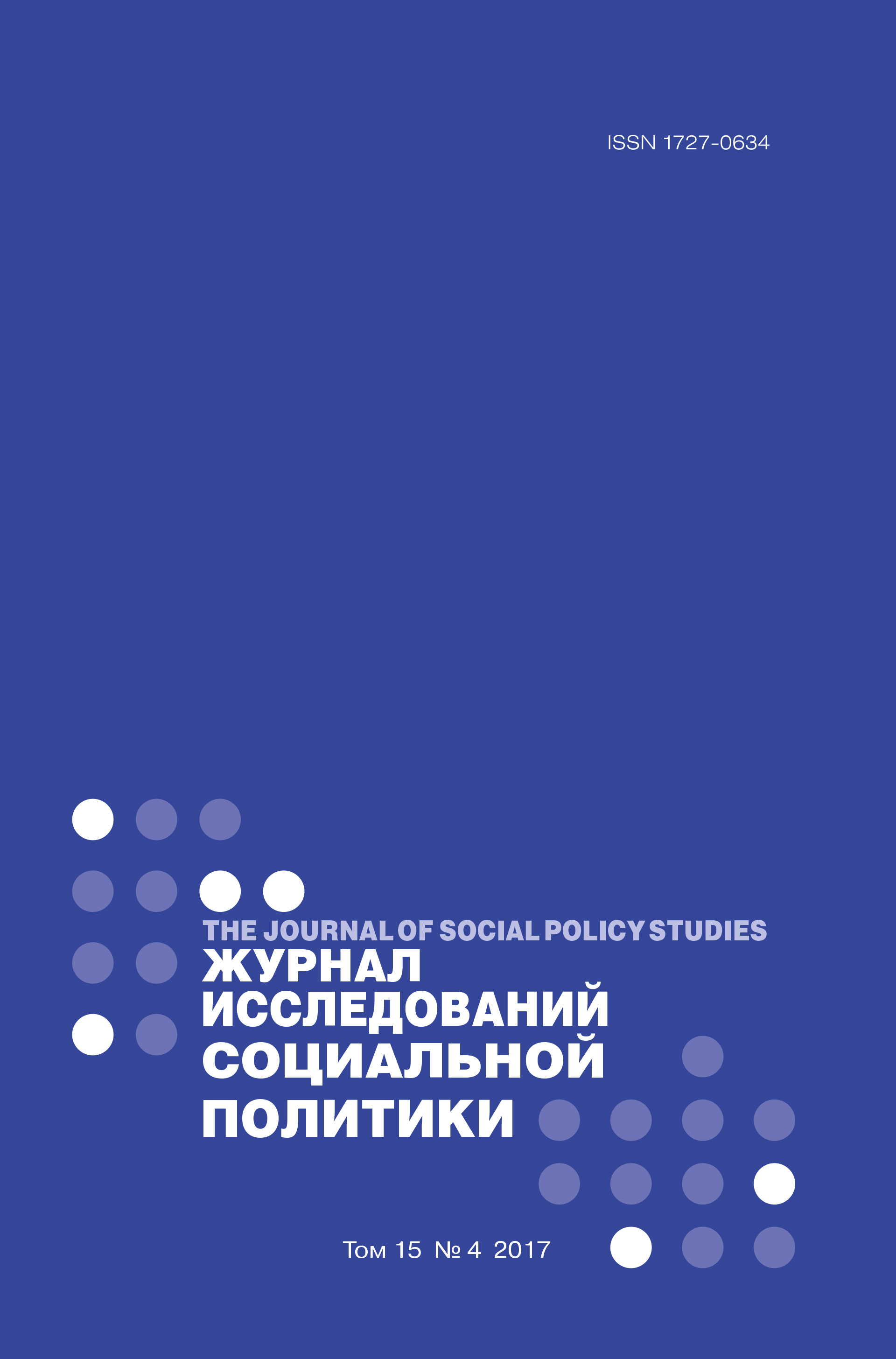Это не просто бизнес: социальная составляющая российского краудфандинга
Аннотация
Александра Николаевна Латышева – aспирант, Институт общественных наук, Российская академия народного хозяйства и государственной службы при Президенте РФ (РАНХиГС); продюсер, АО «Первый канал. Всемирная сеть» (Первый Digital), Москва, Россия. Электронная почта: sasha.latysheva@yandex.ru
DOI: 10.17323/727-0634-2017-15-4-660-668
Рассматривая историю появления термина «краудфандинг», я анализирую основные теоретические подходы к определению краудфандинга. Во-первых, как бизнес-инструмента для сбора средств на «стартапы». Во-вторых, как элемента альтернативной экономики, когда крауд-спонсоры организуют сообщество вокруг своей площадки, чтобы произвести нужный продукт или услугу. В-третьих, в контексте социокультурного значения этого явления. Как отмечают многие российские исследователи, большинство крауд-спонсоров имеют нематериальную мотивацию, которая игнорируется при изучении краудфандинга исключительно как инструмента для товарно-денежного обмена. Я предлагаю определение краудфандинга, аккумулирующее разные точки зрения, и характеризую ведущие зарубежные краудфандинговые платформы (Kickstarter и IndieGoGo), перечисляю специализированные площадки, разбираю особенности крупнейших российских краудфандинговых платформ (Planeta.ru и Boomstarter). В качестве примера специализированной российской площадки предлагаю рассмотреть проект Sbor-nik, занимающийся сбором средств для издания книг. Для каждой из платформ привожу данные по количеству запущенных проектов, активных пользователей и собранных средств. Отдельно уделяется внимание нематериальной мотивации пользователей: привожу примеры социальных и благотворительных проектов, размещенных на перечисленных выше площадках, а также ситуации, когда пользователи отказывались от вознаграждений или выбирали нематериальные формы вознаграждений (благодарность, упоминание в числе спонсоров). Особо акцентирую внимание на социокультурных особенностях предпочтений спонсоров. Анализирую особенности требований площадок, их самопозиционирования и проектов, размещаемых на них. Сделана попытка ответить на вопросы, что такое краудфандинг как общественное и культурное явление и в чем заключаются его особенности в России. Это явление можно рассматривать как средство, которое выбирают пользователи, чтобы компенсировать недостатки государственной социальной и культурной политики.















